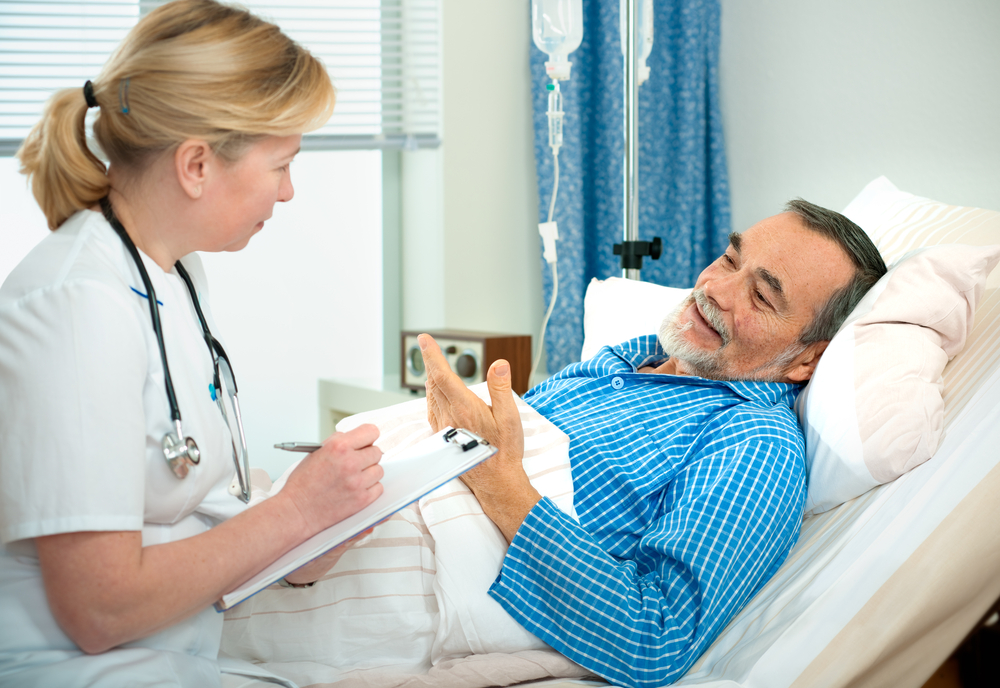How To Effectively Deal With Overactive Bladder
How to effectively deal with overactive bladder
A condition that is under-reported and affecting millions of people across the globe is the overactive bladder. It is a cluster of urinary symptoms, the most common of which is the sudden uncontrollable urge to urinate. Some people even leak urine when they feel like urinating, and this is termed as incontinence. Another symptom of overactive bladder is the need to use the washroom many times all through the day.
An estimated 33 million people in the country live with overactive bladder symptoms. Seniors who suffer from overactive bladder are more likely to suffer from urinary incontinence as well.

However, it is to be noted that the overactive bladder treatment can help reduce the symptoms and discomfort to a great extent.
Overactive bladder – Treatment
Behavioral modifications and lifestyle changes are the initial steps in the overactive bladder treatment, and are recommended before any medication or surgery. Experts recommend keeping a daily journal, where one keeps track of the total amount of fluid consumed, the number of times one uses the toilet, along with any accidents, which include urine leakage, and the time it happened.
Role of diet in the overactive bladder treatment
Certain food & beverages can worsen the symptoms of overactive bladder, and thus one should try to reduce their intake if not able to stop or avoid it altogether. For instance, try not to eat spicy foods that contain curry or peppers; as well as one is advised not to eat or drink citrus fruits such as grapefruit, orange and others and its juices. Also, try to avoid tomatoes and by-products of tomatoes such as pasta sauce, seasoning sauce, tomato sauce, puree, and spaghetti sauce. Also, both caffeinated and decaffeinated drinks must be excluded from the diet. It’s better if one can quit dairy products, artificial sweeteners, corn syrup, cranberry juice, sodas and other fizzy drinks, honey and vinegar. It is always good to maintain a daily journal, as the triggers from food tend to vary from one person to another. Thus, it gives one a better insight into the foods, which worsen the symptoms.
It is crucial to understand that a healthy bowel movement can alleviate overactive bladder. On the other hand, constipation can exert unnecessary pressure on the bladder and make one feel an urge to urinate frequently. So, you should exercise regularly and follow a diet rich in fiber and other whole grains to keep the digestive tract in proper condition.
Other effective measures to ease overactive bladder
There is a wide range of home remedies for overactive bladder that are available. Of these, developing healthy habits play the most significant role. Here is an insight into specific measures to be adopted.
- Keeping up a healthy weight
Having excess body weight can exert pressure on the pelvic muscles and the urinary bladder. So, one should stay within a healthy weight range for improving the condition. - Managing the underlying medical conditions
People suffering from chronic ailments should manage themselves as they are highly prone to worsen the overactive bladder. If one is suffering from multiple sclerosis, kidney ailments, Parkinson’s disease, or diabetes, then one should take measures to keep them under control. - Taking herbs and supplements
Several herbs, as well as natural supplements, are available for the treatment of an overactive bladder. These include corn silk, used for centuries to treat nighttime incontinence and bladder irritation; Ganoderma lucidum, helps improve the urinary tract symptoms; and capsaicin, a natural derivative of chili peppers is an inexpensive yet effective treatment for highly sensitive urinary bladders.
Research suggests that pumpkin seeds are helpful in improving both overactive bladder and nighttime urination. Other supplements such as vitamin D and magnesium hydroxide are believed to improve the condition of an overactive bladder though further research is required. - Revisiting medications being taken
Certain medicines are known to cause urinary issues and bladder problems. If one is regularly taking antihistamines, diuretics, alpha-adrenergic antagonists, narcotics, muscle relaxants and sedatives, then one should speak to your doctor about reducing the dosage or prescribe some alternative for the same.
Alternative treatments to cure overactive bladder are also helpful, and they include biofeedback, where electrical impulses are used and acupuncture, which is known for reducing urgency and frequency of urination.
In general, following these few suggestions can help one get rid of the symptoms of overactive bladder. One should not only depend on the home remedies for an overactive bladder but also consult a urologist from time to time. If these lifestyle changes and behavioral modifications fail to curb the issues, then one might have to take medications or undergo surgery.

